Cleanness by Garth Greenwell
Greenwell’s novel feels at once perilously modern and coolly baroque; a Sebaldian melancholy wafts up like a fog through the spaces in his lovingly turned sentences.

Greenwell’s novel feels at once perilously modern and coolly baroque; a Sebaldian melancholy wafts up like a fog through the spaces in his lovingly turned sentences.
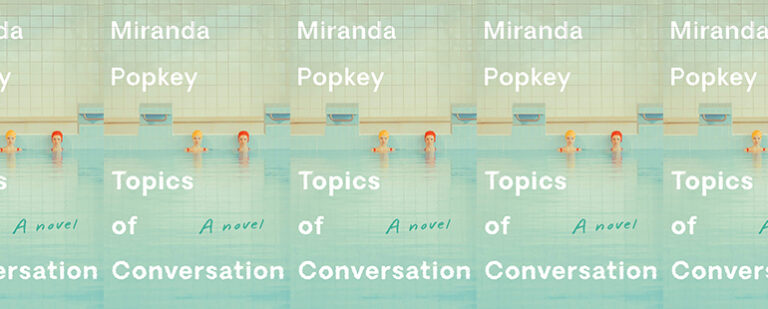
In Miranda Popkey’s debut novel, conversation has the power to shape the story of a life.
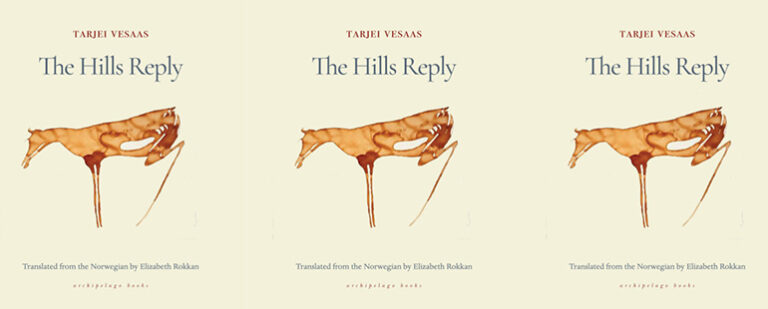
Vesaas’s language is rich and thickening, replete with extended metaphors that are visionary, haunting, and half-mad, recalling the ebullient, runaway brushwork of Van Gogh.
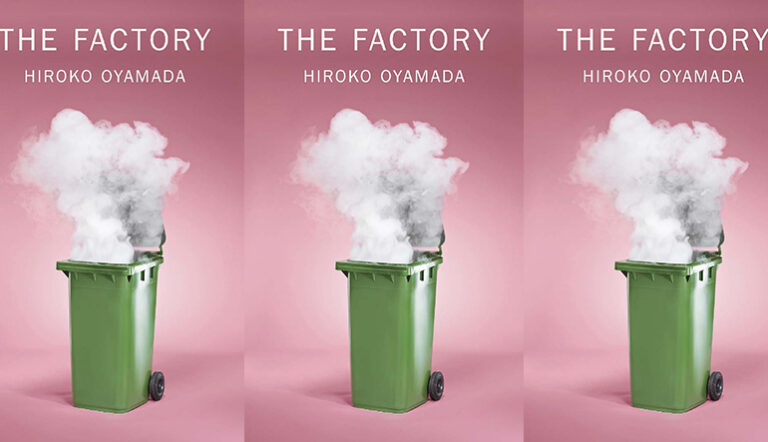
Oyamada’s new novel is a tale of inaction rather than revolt, a story about the warm, velvety embrace of production models. Her characters seem exemplars of a particularly post-millennial brand of jaded helplessness, one that’s the result of living lives in the shadow of exploitative labor systems so all-encompassing that they’re difficult to rebel against.
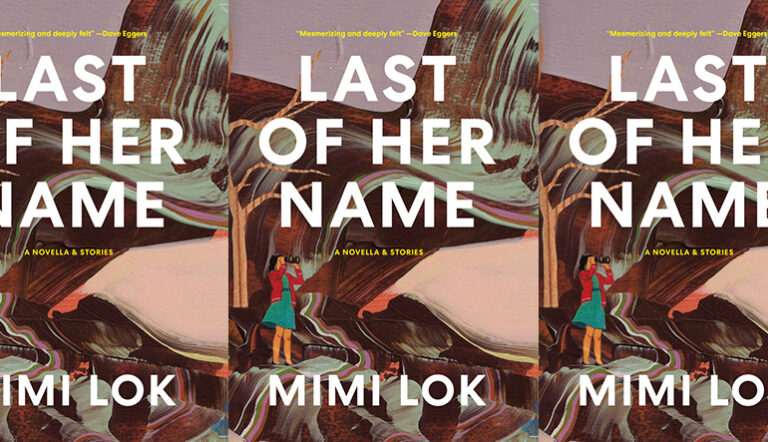
In Mimi Lok’s debut story collection, the characters are linked in their sense of displacement and isolation, both connected to and separate from their families and their shared histories.

Edna O’Brien performs a sort of tight-rope act, strung between the stream-like nature of her prose and the painful shards of her story. Brutality stomps through the pages of her new novel, astonishing in its recurrence and terrifying in the variable justifications that underpin it.

In her new memoir, Joanna Howard questions a world where suffering is only acceptable when it is entertaining, when it is something people can watch again and again.
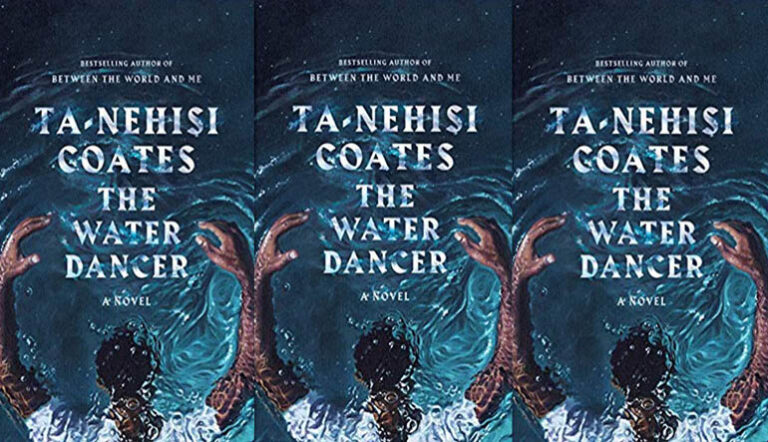
Coates’ debut novel builds stories within stories, revisiting pre-Civil War America through the eyes of a survivor of the slave trade.

Danticat doles out prickly investigations of transnational identity that are thickened by circumstance and mucked up by globalization.
No products in the cart.